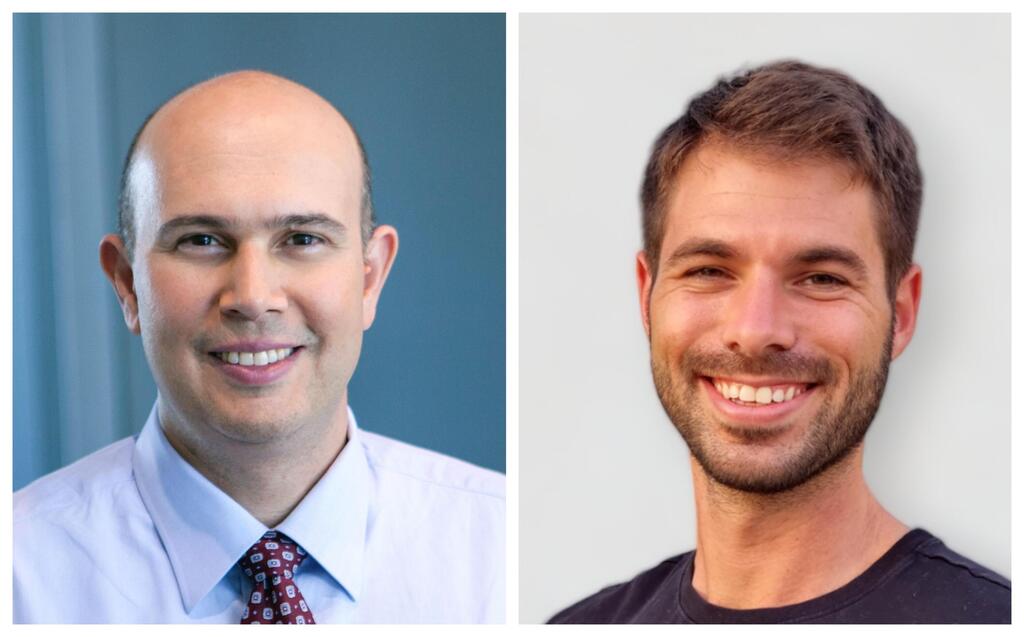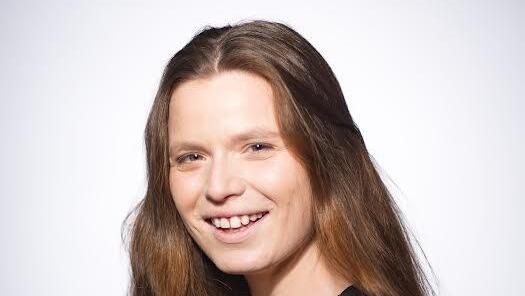
Impacttech: Balancing between profit and purpose
The Jewish theory of Tikkun Olam - ‘repairing the world’ - is finally attracting the eyes of investors and corporations
Fintech, Medtech, Agtech - today there seems to be a plethora of ‘-techs’ that grab attention and gain a spot in the headlines. Billions of dollars have been invested in making sure companies develop tools to improve our world, but there remains a space in the market for products and services that can help those closest to us.
In other words, it’s time to look after grandma.
3 View gallery


Impacttech accounts for less than 2% of total assets under management
(Photo: Shutterstock)
“ESG is meant to measure and reduce harm, impact is about doing good,” explained Eran Sandhaus, Managing Partner and Co-Founder at impact investment fund J-Impact. “Those things are separate. You can be a company with a positive ESG and create tremendous harm with your product, or you can have a company with a very impactful product with a terrible ESG rating inside.”
Recent years have seen attention given to ESG scores from companies - the ranking that corporations are given based on their environmental, social, and governmental practices. In 2022, Global ESG fund assets reached about $41 trillion with roughly half of that coming from Europe. Gen Z investors have shown themselves to be particularly interested in purpose-driven investment for the future, and yet the focus remains on larger and more ambiguous challenges like the environment or diversity in the workforce.
Impacttech can challenge that: focus less on what we can do for the world and more on what we can do for our families and communities on a more local scale.
“One of the interesting things I heard is that people in Covid all of a sudden took time to be with their families,” added Jonathan Bik, Senior Associate at J-Ventures Group. “All that perspective helped change the attitude and made it a tremendous advantage for the impact community. That understanding that we need to think about the future and not just about ourselves - what is the future we are leaving for our children?”
As time goes on, impacttech has garnered the attention of investors and companies and yet arguments can be made that not enough is being done to bring it to the mainstream. People are living longer, but children are living further away from their parents than ever before. It only takes one surprise phone call from a family member overseas to realize how far we have become from one another and how there is an impact-shaped hole that needs filling.
J-Ventures was founded in an attempt to tap into the Jewish practice of Tikkun Olam - various forms of action intended to repair and improve the world. For many, that means looking first within and helping those closest to you. Impact doesn’t just mean looking at older generations, it also means preparing a world for our young who one day will need technology or social services to help them live in an ever-changing world. “We are woefully unprepared for the mounting demand for adult autism services,” Jill Escher writes as an example of this in The Free Press. “I cannot emphasize this enough. So long as we are riding the identitarian train of autism, we are ignoring the adult services catastrophe that most assuredly awaits us.”
That isn’t to say progress isn’t being made. Last month, Intuition Robitics raised $25 million to help develop its AI companion ElliQ, designed to prevent loneliness among the elderly. Olive Diagnostics received $7.3 million in Seed last year for its AI-powered real-time urine analysis device that can monitor the mental and physical health of all ages. J-Impact, whose mission is to help one million people and reduce the world’s carbon offset by at least 0.1% by 2030, has invested in Circles, whose mission is to eradicate loneliness among people.
On a larger scale, impacttech can also act as an umbrella to other industries like foodtech, digital health, or agtech, among others. But in total, the World Economic Forum confirmed that the size of the Sustainable Development Goal (“SDG”) investing market is estimated at around $1.16 trillion – just over 1% of the $100+ trillion of total global assets under management. One way funding can be improved is by shifting the emphasis away from politicized terms like ESG and focusing more on the actual cause of doing good.
Insurance provider Lemonade is an example of how companies can contribute in a meaningful way to helping others. Its Giveback program promises to support non-profits by tallying up the unclaimed money left by insurers and donating it to social causes. To date, it has donated more than $8 million to organizations like Cure Childhood Cancer, the American Red Cross, and UNICEF USA. While it avoids the term ESG in its brand, the company is a Public Benefit Corporation and a Certified B Corp, meaning it meets the standard of social and environmental performance, transparency, and accountability.
“The B Corp model is a new way of doing business,” explained Nina Rauch, Senior Social Impact Lead at Lemonade. “It essentially makes it clear that there is more than one bottom line, and it means that you have to assess your business not just in the eyes of profit but also in terms of what benefits your shareholders and what benefits your consumers from an impact and sustainability standpoint.” As young people increasingly search for meaning and purpose in their brands, it becomes more important for companies to adhere to impact-facing policies not just to attract customers but to scout out talent for their workforce.
“If you just talk about impacttech as a whole, I think the future is looking like the majority of companies will need to have it integrated in order to attract the new generation of employees,” she added, noting how the majority of young people look to work at purpose-driven organizations. “I think companies will struggle if they haven't thought about it.”
As young people graduate and enter the workforce, it appears inevitable that impacttech will increase on a corporate level. This is good news, but it doesn’t negate the fact that efforts still need to be made on a local level with innovation ‘starting at home’ to help family members and communities. J-Impact has seen over the years that both are moving in this direction.
“There are two trends I see: one is a crisis of meaning,” said Sandhaus. “People are not interested in working on things that are meaningless… The second thing is that corporations are going in that direction. It's not okay anymore to be a corporation that pollutes.”
One day, impacttech will be seen among investors, entrepreneurs, and customers as any other ‘-tech’; one that gets the credit it deserves for helping humanity on both a global and local scale. Sir Ronald Cohen shared at J-Ventures’ second annual LP Meeting and Investor Conference in 2021 what he believes are the three forces driving this revolution: changing values, the force of technology, and the measurement of impact in and of itself. In the years since he spoke those words, the efforts have only increased.
“As someone who is going to live hopefully for the next 70 years, things might seem gloomy when you look at the news or the media. But if you’re looking from the inside, from investor capital and from founders who are changing this world, I am getting more optimistic by the day. The change is happening in real life,” concluded Bik.
And in the meantime, always remember to call grandma.
















